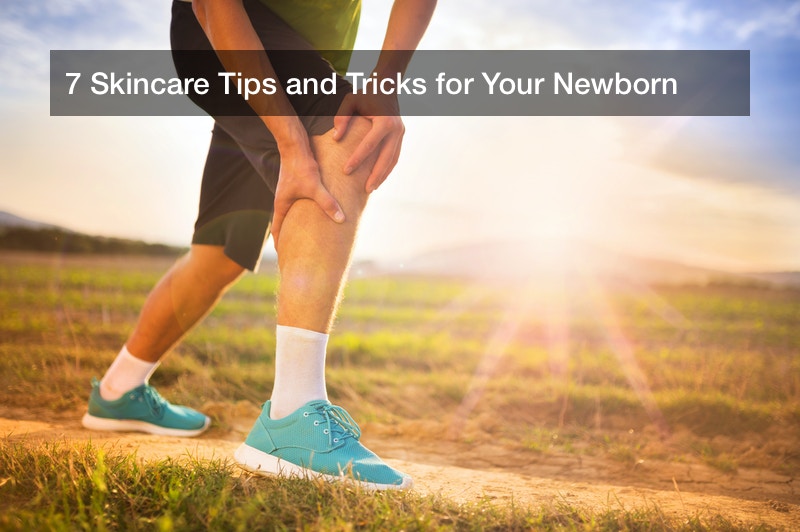

It should come as no surprise that newborn skin is very sensitive. As important as it is to keep them well nourished and warm, it is also crucial to pay attention to their skin. This includes getting products such as hypoallergenic crib sheets, at this point in their lives babies will sleep between 11 and 18 hours each day.
The human body’s first line of defense against any kind of infection is the skin. The skin on newborn babies is very delicate and that is also true of the overall immune system itself. The skin is prone to irritation from fragrances, chemicals, and dyes that are all too often found in clothing, bed sheets for infants, and other items your baby plays with. Problems many babies have when they come in contact with the wrong thing are chafing, rashes, dry skin, and general skin irritation.
The good news is that there are things, such as getting the right hypoallergenic crib sheets, that can be done to protect your baby’s sensitive skin.
- Remember to use as little lotion as you can. When your baby is first born, their skin is wrinkly and has a covering, called a vernix, which should peel off within a few days to a week. This should be allowed to come off on its own time. That means you do not need to get fancy creams or lotions, just let nature take its own time.
- You do not have to wash your baby too much. It is easy to think that you need to wash your baby as often as you want to shower but this is not the best thing you can do for them. Experts say that babies need to be bathed about three times each week. There are natural oils that the baby’s body produces to protect their skin. These get washed away when the baby is bathed and this can cause their skin to become too dry. If the child has eczema, too frequent bathing can make that a lot worse.
- Babies with darker skin need even less frequent washing. Experts say that if a baby hs more melanin in their skin, this is what makes them darker, a better plan is a sponge bath no more than one time per week. If you can resist the urge to bathe the baby and do this less, that is preferable.
- Avoid scented products for a few months after the baby is born. This may seem like a great idea but can really irritate a baby’s delicate skin.
- Wash everything before you let it touch your baby’s skin. This includes all of the baby clothing you have, the blankets, and even the hypoallergenic crib sheets. When you wash your baby’s bedding, clothing, blankets, and stuffed animals, you should do it as a separate load from your other laundry. Use detergent with no fragrances added.
- There are ways to deal with diaper rash. This is never fun and most babies will experience it from time. The main culprit is the moisture that accumulates in a dirty diaper. It can also occur if you do not get your baby totally dry after you give them a bath. Bacteria and yeast infections can also cause diaper rashes. If your baby has been given an antibiotic, this can leave them more vulnerable to rashes from yeast infections as the medicine can promote the growth of a fungus.
- Here are some things you can do to help avoid diaper rashes:
- Check and change your child’s diapers often.
- As soon as you find that the diapers are wet, change them.
- Use mild cleaners (fragrance-free!) or warm water to wash the area. If there is already a painful rash on the area, using a squirt bottle can help you avoid making it worse.
- Instead of baby wipes, use a soft, clean, and dry towel or cloth. Baby wipes have some substances that can irritate a baby’s skin.
- When drying, do not rub the area. It is much better to pat the area dry.
Keeping a baby’s skin healthy and happy requires more than just using hypoallergenic crib sheets. It also takes some time and effort to keep it in good condition and free of problems and pain.